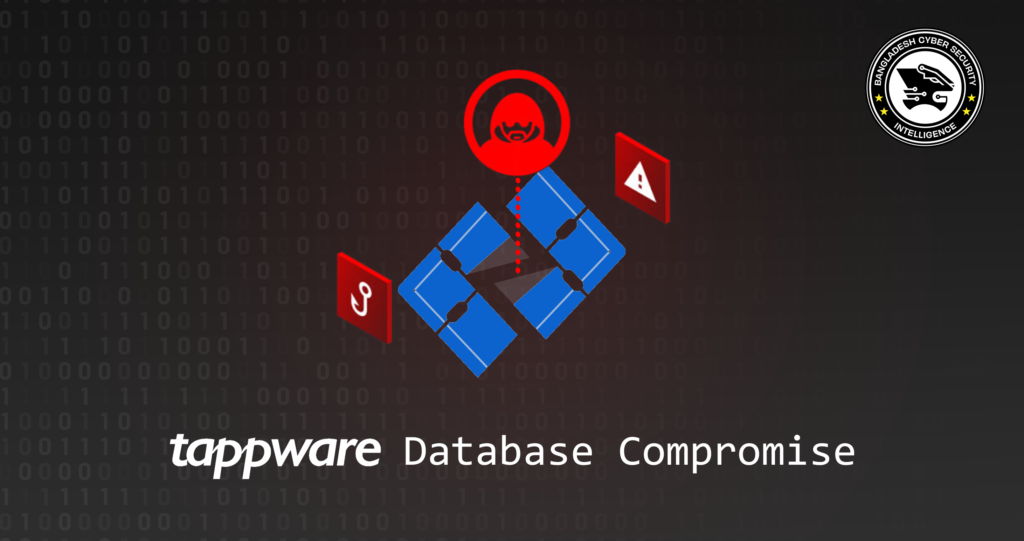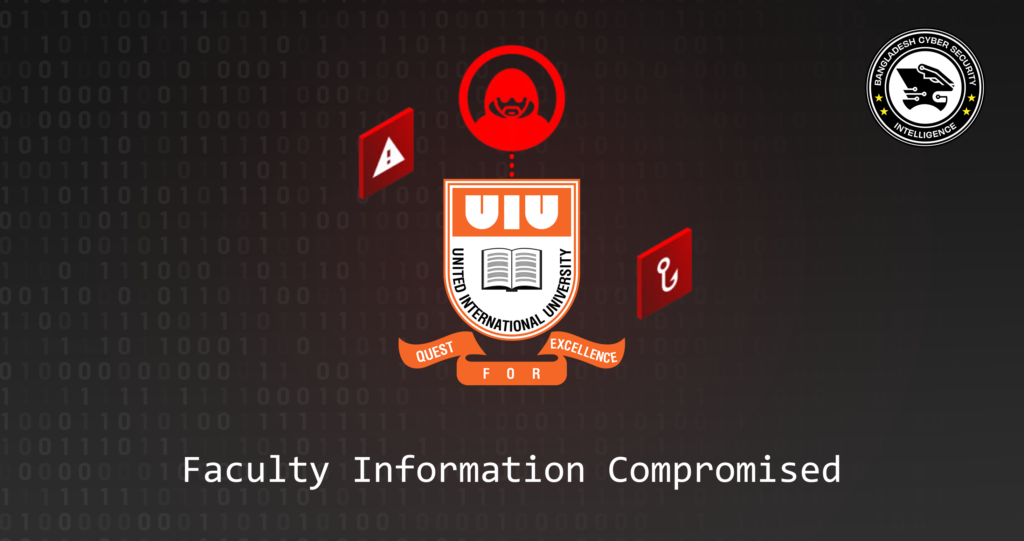
Incident Overview
On May 1st, 2024, a severe data security incident impacted Tappware when a substantial portion of its database was found leaked on a hacker forum. Originally this breached happened in 23rd April 2024. This database, approximately 34GB in size and comprising 2.3 million rows of data, included sensitive personal information such as names, addresses, and phone numbers of individuals associated with Tappware.
Nature of the Leak
The compromised data, structured in SQL format and dated 2024, encompasses a wide range of personal details, posing a significant privacy risk to the individuals involved. This exposure was discovered as part of routine monitoring activities on platforms commonly used by cybercriminals to trade stolen data.
Key Insights
- Data Exposure: The leak poses a direct threat to the privacy and security of thousands of individuals, potentially leading to identity theft and fraud.
- Cybersecurity Implications: The incident underscores the need for robust cybersecurity defenses to protect against unauthorized data access and prevent future breaches.
- Reputational Damage: Tappware faces potential reputational harm, which can affect customer trust and business operations.
- Legal and Regulatory Compliance: There is a risk of legal consequences and regulatory scrutiny due to non-compliance with data protection laws, which mandate stringent security measures to protect personal information.
Mitigation Strategies
- Incident Response: Tappware should promptly activate its incident response plan, which includes identifying the breach’s scope, securing any vulnerabilities, and mitigating any ongoing risks.
- Data Security Audits: A comprehensive audit is crucial to uncover any security weaknesses and implement corrective measures to fortify data protection.
- Employee Training: Enhancing the cybersecurity knowledge base of all employees will help prevent future incidents, particularly those stemming from human error.
- Multi-Factor Authentication (MFA): Implementing MFA across all critical systems can significantly reduce the risk of unauthorized access.
Conclusion
This incident serves as a critical reminder of the vulnerabilities inherent in managing large sets of personal data and the continuous need for advanced security measures to protect against evolving cyber threats. Tappware must take decisive actions to address the breach and prevent future occurrences, thereby restoring trust and ensuring compliance with global data protection standards.


